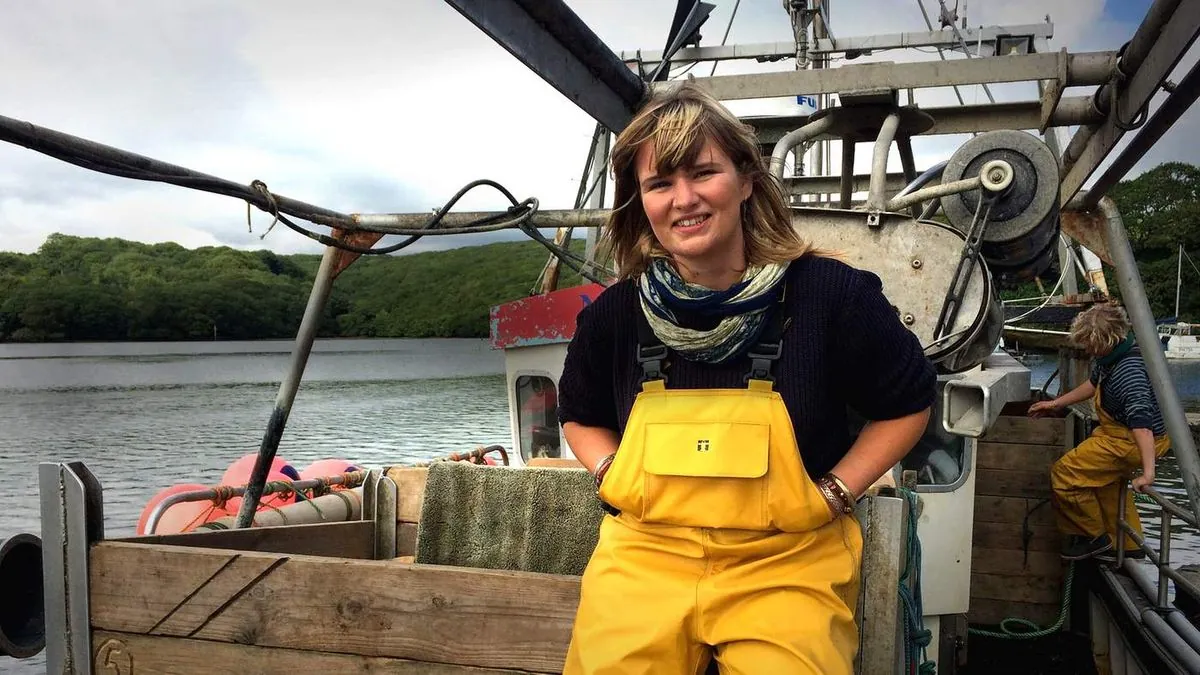From Office to Ocean: A Woman's Journey into Commercial Fishing
A female fisherman shares her transition from a stressful office job to the unpredictable life at sea. Despite financial uncertainties and industry challenges, she finds fulfillment in this demanding profession.

In an industry traditionally dominated by men, one woman's journey from a corporate office to the open seas offers a unique perspective on the life of a commercial fisher. Six years ago, Sarah traded her desk job for a spot on a fishing boat, embracing a career that brings both challenges and rewards.
Sarah's introduction to fishing came in 2012 when a weekend trip with colleagues sparked an unexpected passion. The stark contrast between office stress and the raw, natural challenges of the sea proved irresistible. After years of weekend fishing, she made the bold decision to leave her logistics management position and its grueling commute for a life on the water.
The transition brought significant changes, including a 25% pay cut and irregular income due to weather-dependent work. Sarah now regularly works 14-hour days, often starting at 2 AM. Her catches primarily consist of whelks, crabs, and lobsters, with seasonal mackerel fishing. Interestingly, most of the whelks are exported to South Korea, where they are a pantry staple, similar to canned tuna in the UK.

Sarah's income fluctuates between £25,000 and £30,000 annually, reflecting the unpredictable nature of the industry. She has adapted by selling directly to customers, using social media to connect with buyers interested in fresh, traceable seafood. This direct-to-consumer approach allows her to offer competitive prices while supporting her small business.
The UK fishing industry faces numerous challenges. Brexit, initially seen as an opportunity for positive change, has instead brought increased regulations and logistical hurdles. The industry has seen a significant decline, with only 4,000 UK-registered fishing vessels remaining, down from about 8,000 in the 1990s. Competition for ocean space with wind farms, seaweed farms, and marine-protected areas further complicates the situation.
Despite these challenges, Sarah finds the freedom of fishing addictive. She appreciates the physical nature of the work and the variety of skills required, from meteorology to mechanics and marketing. While the unpredictability and financial uncertainty can be daunting, she feels unable to return to office life.
"Life is too short to wish it was Friday night every day."
The fishing industry has largely welcomed Sarah, reflecting a growing acceptance of women in this traditionally male-dominated field. When she started, she knew of only two other full-time female fishers; now, she estimates there are around 30.
As the UK fishing industry continues to evolve, facing both environmental and economic pressures, stories like Sarah's highlight the passion and resilience of those who choose this challenging yet rewarding profession. Despite the uncertainties, for Sarah, the open sea remains more appealing than any office cubicle.


































